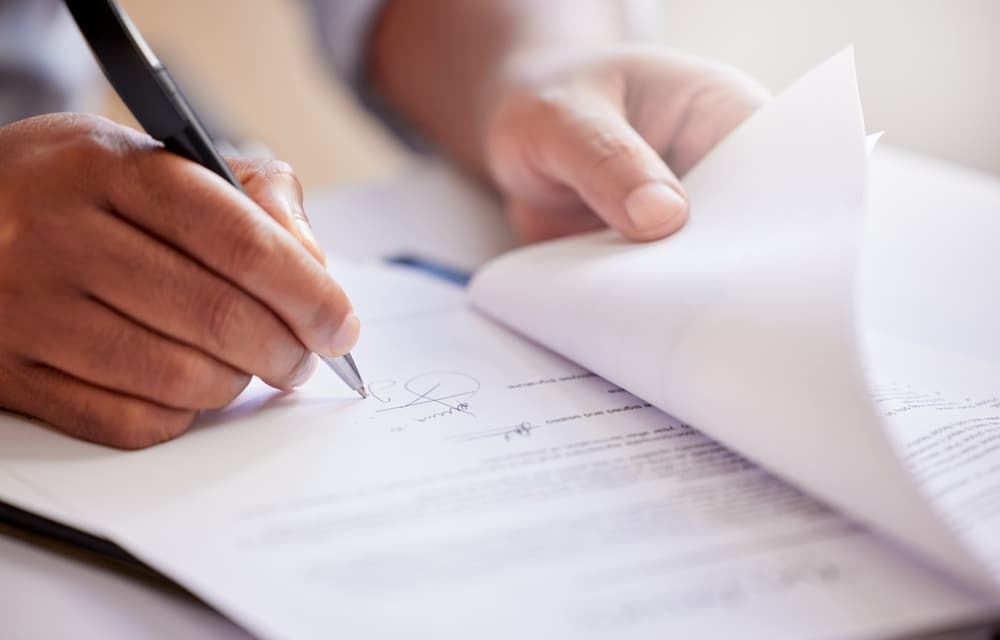Mill Hill Branch
7 Thornfield Parade
Holders Hill Road
Mill Hill, London
NW7 1LN
Whether you’re looking to rent your first home, downsize, or move to a new area, it’s beneficial to understand everything involved in the process. Our guide to renting a property provides all the information you need to help you avoid any unnecessary hassle along the way.

The amount of money you can spend on rent each month will determine the size and type of property you can live in. Use this as your starting point before beginning your property search, compiling a budget based on your salary and current expenses.
You should also consider your credit score, as you will undergo a credit check before you can sign a tenancy agreement. There is no set credit score that will enable you to rent, but it’s helpful to be aware of your current situation before proceeding. TransUnion, Experian and Equifax all provide free credit reports upon request.

The exciting part of renting is looking at the properties available on the market. The first step is to decide on an area you would like to reside in and ensure you can afford to live there.
Important practical factors to consider include transport links for work and school (if you have children) and local amenities such as shopping, doctors, dentists, and other services you regularly use. If you have children, it’s also worthwhile to check the OFSTED rating of nearby schools to gain an understanding of the overall quality of education available.

Pick a property that suits your budget and needs, so you get the most for your monthly rent.
For example, if you do not have children, living in a flat or apartment may be a better option, as you can still have separate rooms without paying extra for a larger house that is more expensive and difficult to maintain.
Likewise, families will likely prefer to reside in a multi-bedroom property that gives them space, including a garden. For those who drive, having access to a driveway, garage, or secure parking may be crucial. Older Victorian and Edwardian homes typically provide more storage space, whereas newer builds generally experience less wear and tear.

Once you have some property viewings lined up, create a checklist you can run through when you visit each one. This can include things such as checking the:

When you’ve found a property you’d like to live in, you should make an offer to the landlord as quickly as possible. There may be considerable competition from other tenants, so you need to act quickly to avoid missing out. If your offer is accepted, you’ll need to complete some paperwork and pay an initial holding fee (equivalent to one week’s rent).

Some legal checks will have to be carried out, in particular, verifying that you have the Right to Rent. This means proving you are over 18 years old and a legal UK resident. To do this, most people usually supply their passports, which the agent or landlord then copies and keeps on record during the tenancy.
A credit check is carried out to get a better idea of your financial status, along with an employer check to verify your salary and employment status.

Once the documentation and reference checks are completed, you will be asked to sign the tenancy agreement. Before signing, take the time to review the details and ensure you are happy with everything in the contract.
The tenancy agreement will outline both the landlord’s and the tenant’s responsibilities. It also includes the tenancy start date, rental payment requirements, and landlord contact details. You should also be given a copy of “How to rent: the checklist for renting in England,” which is a legal requirement.

You will need to pay the first month’s rent in advance, along with the full deposit, which will be held until the tenancy ends.
Landlords can request up to 5 weeks’ rent for properties with an annual rent total under £50,000. For properties with an annual rent total over this amount, the landlord can request up to 6 weeks’ rent.
The holding fee is deducted from this total, and the deposit must be placed into a government-backed deposit scheme. Full details of the scheme must be provided to you before the tenancy begins.

You will need to arrange a move-in date with your landlord / letting agent. This will usually be the date the tenancy agreement begins. Once you have a date, it’s a good idea to arrange how you will transport your furniture and belongings to your new home.
In most cases, the landlord / letting agent will conduct an inventory, confirming the property’s condition in writing or via video logs. This protects the landlord and tenant from any damage claims that may occur at the end of the tenancy.
Once you have the keys, it is time to start moving in. As the tenancy has started, you will now be responsible for all the bills, so you should check all the property’s current utility providers.

As a tenant, your responsibilities will be to:
Pay rent on time, and to the correct amount as stated in the tenancy agreement
Take care of the property and keep it in good, liveable condition
Adhere to the full terms of the tenancy agreement